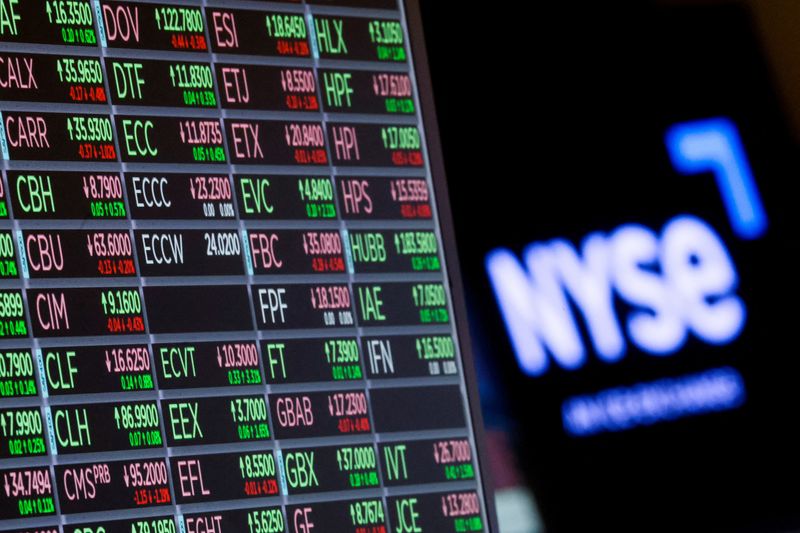The article discusses the possibility of a lost decade ahead for stocks, exploring the various factors influencing the future of the stock market and investors’ perceptions of the market’s trajectory.
**Historical Perspective and Market Behavior**:
To predict the future of the stock market, investors often look to historical trends and events that have shaped market behavior in the past. One such event that has been a point of concern is the possibility of a lost decade for stocks, where market returns remain stagnant or decline over a ten-year period.
**Economic Uncertainty**:
Economic uncertainty is a key factor that can contribute to a lost decade for stocks. Factors such as geopolitical tensions, trade wars, global economic slowdowns, and political instability can create a turbulent market environment, leading to lower investor confidence and subdued stock returns.
**Market Valuations and Fundamentals**:
Market valuations and underlying fundamentals play a crucial role in determining stock performance over the long term. When stocks are overvalued relative to their earnings or assets, the potential for significant market corrections increases, which can dampen returns and prolong periods of underperformance.
**Technological Disruptions and Innovation**:
The pace of technological disruptions and innovation can significantly impact the stock market dynamics. Industries experiencing rapid technological changes may see winners and losers emerge, affecting overall market performance. Investors need to stay abreast of these trends to navigate potential challenges in the market.
**Interest Rates and Monetary Policy**:
Interest rates and monetary policy decisions by central banks also have a profound impact on the stock market. Lower interest rates generally support stock prices by making equities more attractive compared to fixed-income investments. However, prolonged low-interest-rate environments can create bubbles in certain sectors, posing risks to overall market stability.
**Investor Sentiment and Behavioral Biases**:
Investor sentiment and behavioral biases can exacerbate market volatility and lead to irrational decision-making. Fear, greed, and herd mentality can drive stock prices away from their intrinsic values, causing bubbles or crashes. Understanding these psychological factors is essential for investors to make informed decisions in the market.
**Diversification and Risk Management**:
In the face of uncertainties surrounding the stock market, diversification and risk management strategies become indispensable. By spreading investments across different asset classes and regions, investors can mitigate risks associated with market downturns and enhance their portfolio resilience.
**Conclusion**:
While the possibility of a lost decade for stocks looms in the backdrop of various economic, technological, and geopolitical uncertainties, prudent investing practices, a long-term perspective, and a well-balanced portfolio can help investors navigate potential challenges and capture opportunities in the ever-evolving stock market landscape.



